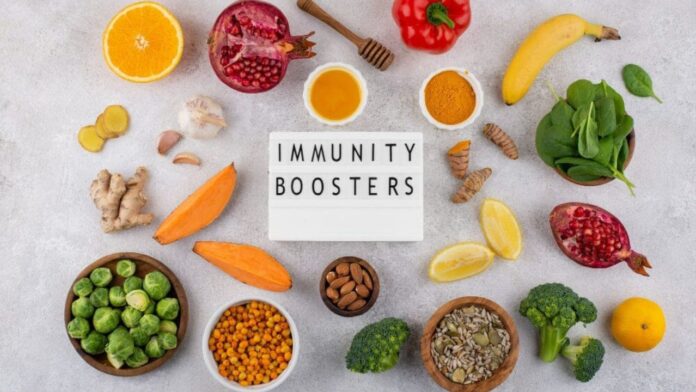Vitamin B12, also known as cobalamin, is a vital nutrient essential for the production of red blood cells, DNA synthesis, and proper functioning of the brain and nerves. This vitamin binds to proteins found in the foods we consume and is naturally abundant in animal products. Vegetarians, who exclude animal foods from their diets, are at a higher risk of B12 deficiency and should ensure adequate intake through fortified foods such as dairy products, fortified cereals, and fortified fruit juices.
Here are some top vegetarian sources of vitamin B12:
- Fortified cereals: Regular consumption of fortified cereals offers a convenient and reliable source of vitamin B12, supporting nerve function, DNA synthesis, and red blood cell production.
- Fortified fruit juices: Drinking fortified fruit juices helps maintain sufficient B12 levels, supporting overall health and preventing deficiencies that can lead to anemia and neurological issues.
- Soymilk fortified with B12: For those avoiding dairy, fortified soymilk provides a dairy-free alternative rich in vitamin B12, essential for energy metabolism and nerve health.
- Plain yogurt: Incorporating plain yogurt into the diet ensures a good intake of vitamin B12, supporting red blood cell formation and neurological function.
- Cow’s milk: Naturally containing vitamin B12, cow’s milk is a staple for vegetarians, providing essential support for DNA synthesis and overall health.
- Swiss cheese: Among dairy products, Swiss cheese is a notable source of vitamin B12, contributing to cardiovascular health and well-being.
- Eggs: Eggs are a versatile source of vitamin B12 for vegetarians, aiding in neurological function and preventing symptoms of deficiency like fatigue.
- Nutritional yeast: Fortified with B12, nutritional yeast adds flavor to vegetarian dishes while providing essential support for red blood cell production.
- Dried seaweed (nori): Nori contains natural vitamin B12, offering vegetarians an alternative source for DNA synthesis and neurological health.
- Fermented foods: While containing small amounts of B12, fermented foods like tempeh, miso, and sauerkraut contribute to overall B12 intake through bacterial synthesis during fermentation.

 हिंदी
हिंदी






